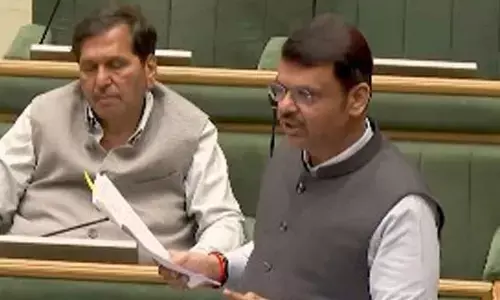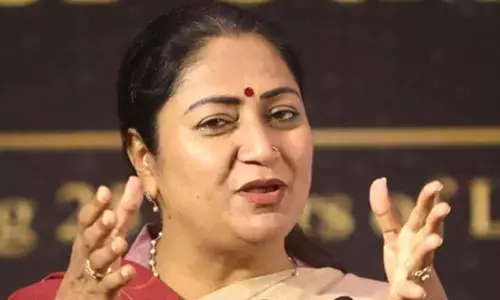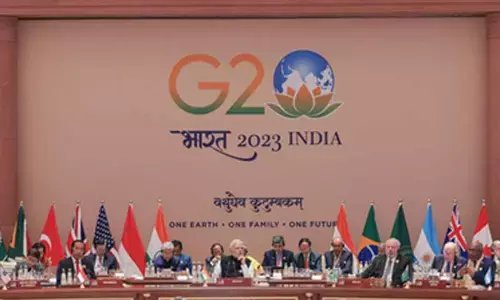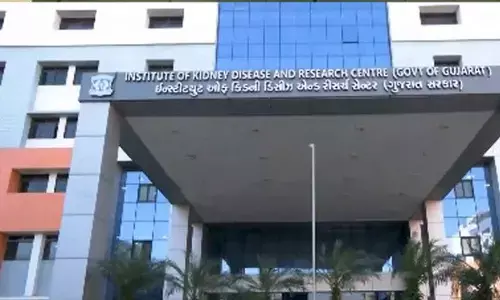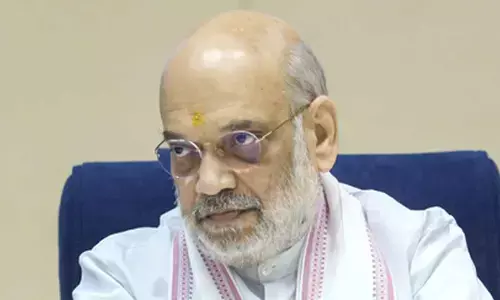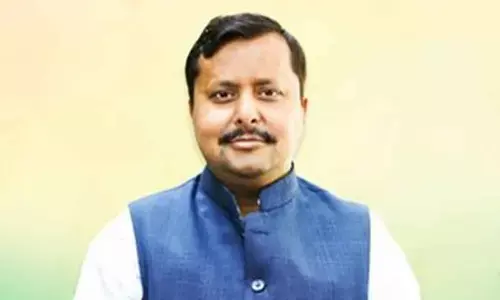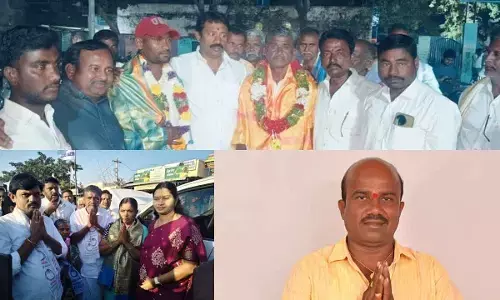Delhi HC issues directives for swift disposal of cases against MPs, MLAs
Share :
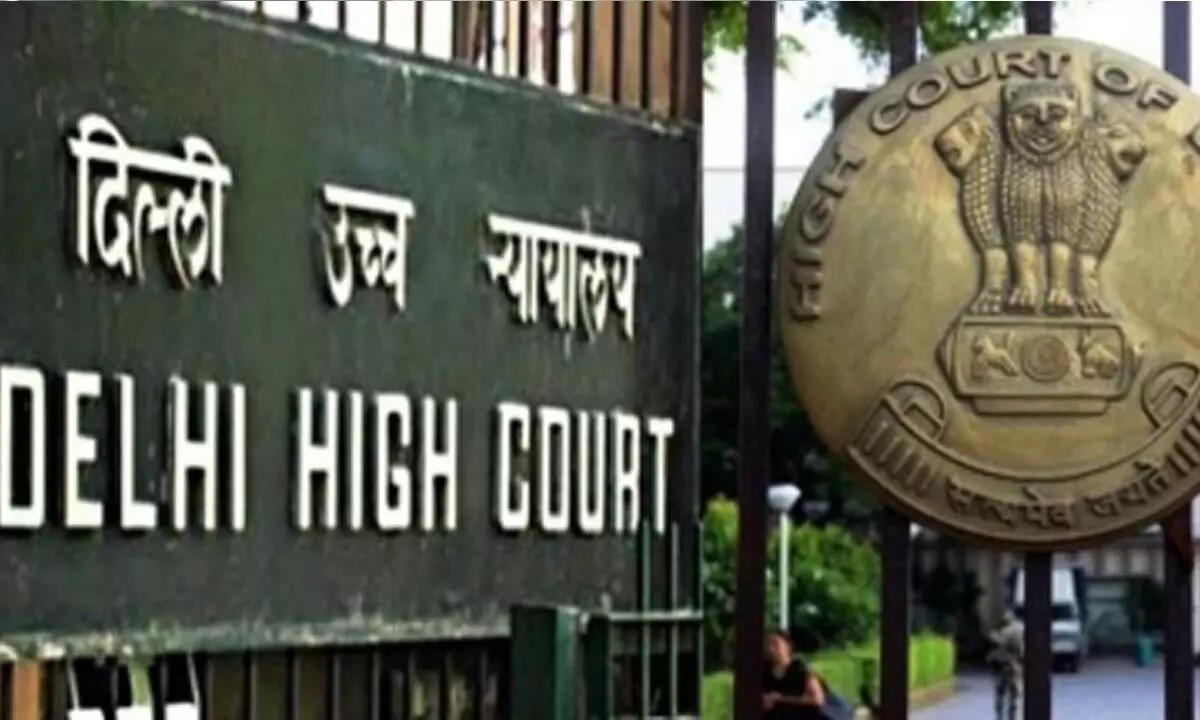
The Delhi High Court, headed by Acting Chief Justice Manmohan and Justice Mini Pushkarna, has issued a series of directions to expedite the resolution of criminal cases involving Members of Parliament (MPs) and Members of Legislative Assembly (MLAs).
New Delhi: The Delhi High Court, headed by Acting Chief Justice Manmohan and Justice Mini Pushkarna, has issued a series of directions to expedite the resolution of criminal cases involving Members of Parliament (MPs) and Members of Legislative Assembly (MLAs).
The division bench mandated designated courts to list cases against MPs and MLAs at least once a week and discouraged granting adjournments unless absolutely necessary.
Notably, if the examination or cross-examination of a witness extends beyond a day, the court recommended listing the matter on a day-to-day basis until the evidence is completed.
The court also stressed the swift disposal of revision petitions related to such cases, urging designated sessions courts to resolve them within six months.
Pending cases with orders of trial stay for more than six months were directed to be promptly disposed of by the respective benches, and a status report is to be filed by the Registrar General before the next hearing.
In a bid to enhance transparency, the court asked the Registrar (Information Technology) to create an independent tab on the high court's website, providing details about the number of pending cases against MPs and MLAs, filing year, stage of proceedings, and other relevant information.
The Principal District and Sessions Judge, cum-Special Judge (PC Act) (CBI), Rouse Avenue Court Complex, designated as the MP/MLA court, was directed to maintain a nearly equal pendency of such cases, considering the nature and complexity of each case and the number of accused persons or witnesses involved.
Moreover, the court stressed the need for sufficient technological infrastructure in designated courts, instructing the Principal District and Sessions Judge and the Central Project Coordinator of the High Court to ensure the availability of appropriate technology for efficient functioning. Any required training should be provided through the Delhi Judicial Academy.
These directives were issued in response to a suo motu case initiated in 2020, aligning with Supreme Court guidelines.
The court urged designated courts to adhere to both Supreme Court and High Court directions, with the Principal District and Sessions Judge tasked with obtaining monthly progress reports and sending consolidated reports to the High Court.







